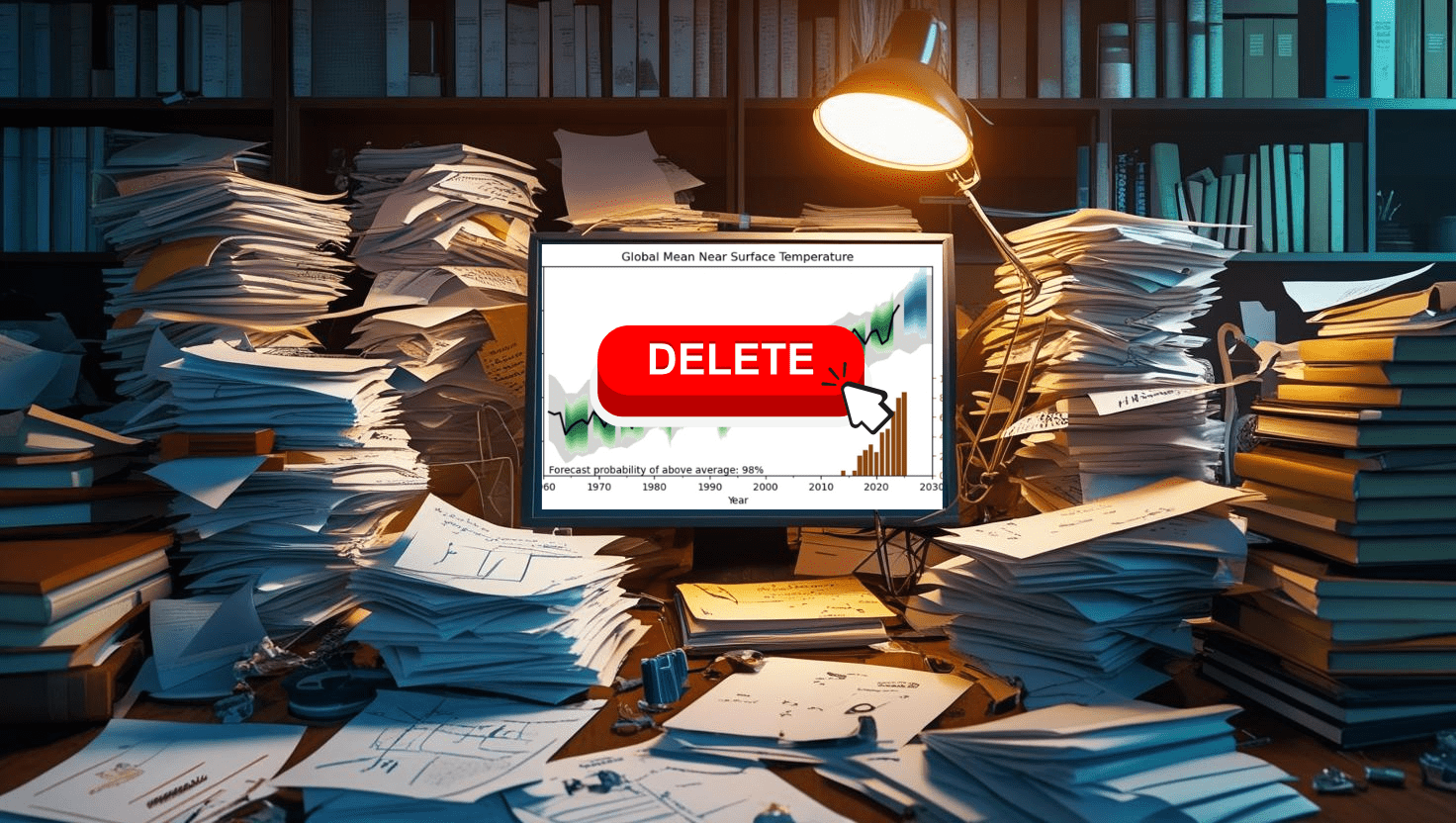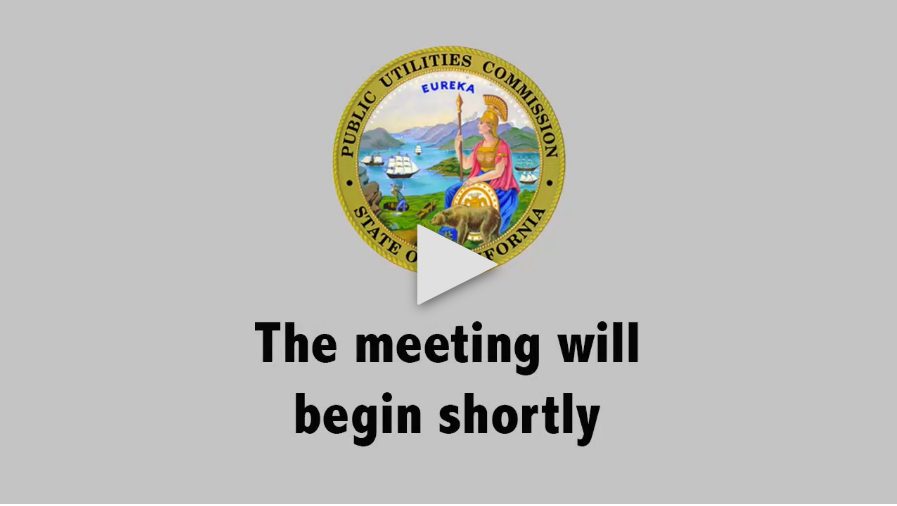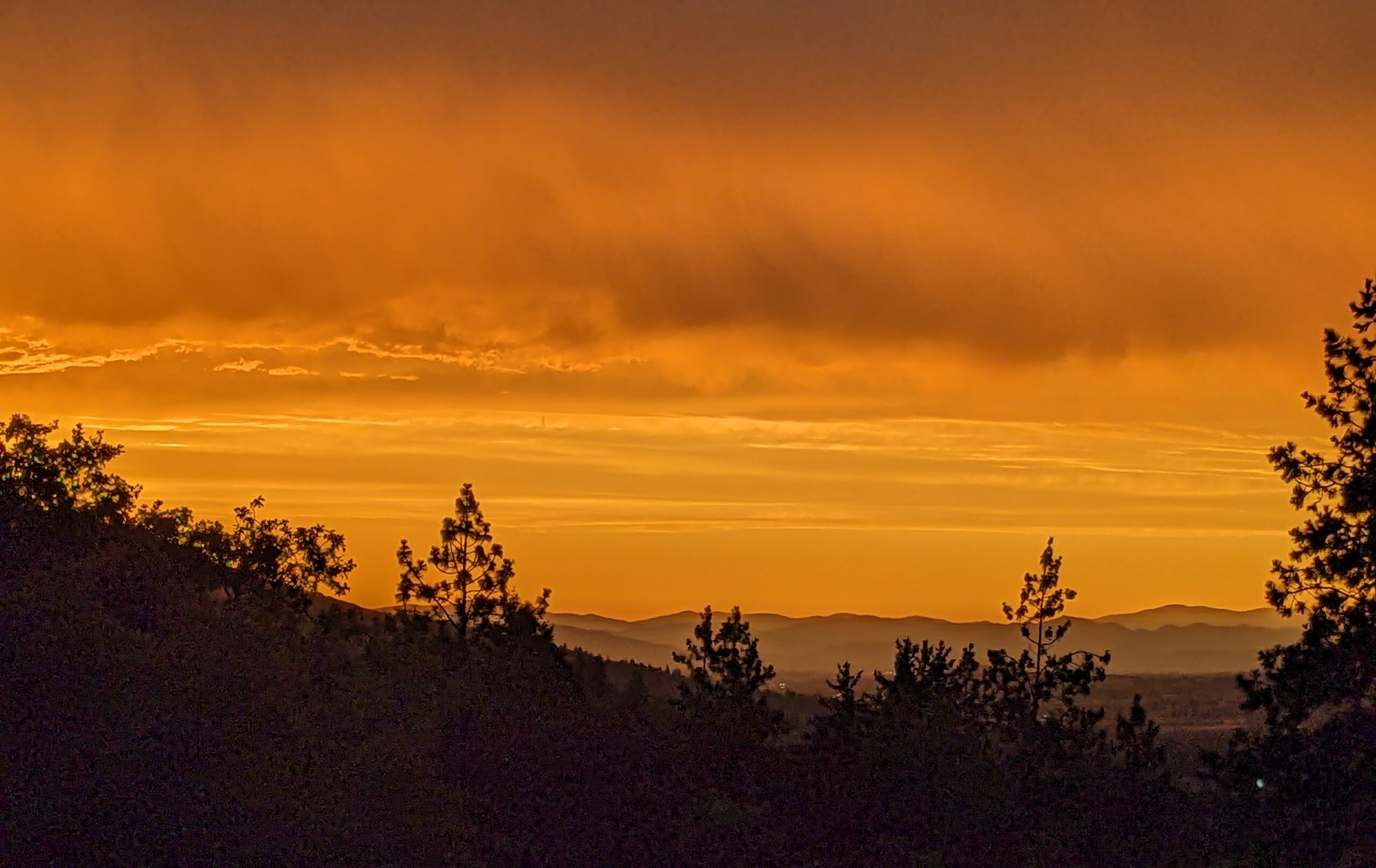General
Bread and Circuses and Journalism
How to get readers interested in housing and land use? Bring in reality stars!
If you want to get a good sense of the travails of the modern press, look no further than Politico’s recent writeup of SB 79, Senator Scott Wiener’s new bill to mandate upzoning around transit stops. Importantly, this isn’t because it’s a bad article but precisely because it’s a good article (and not just because …
Continue reading “Bread and Circuses and Journalism”
CONTINUE READINGTrump’s War on Wind is Dumb. It also Makes Sense.
The Drain is a weekly roundup of environmental and climate news from Legal Planet.
The Trump administration’s attack on wind energy feels dumber and dumber every day. Let’s see if we can make it make some sense. After that, the major headlines of the week. Last Friday, his Transportation Department withdrew $679 million for offshore wind projects at 12 ports. Last month, the administration sent a stop-work order to …
Continue reading “Trump’s War on Wind is Dumb. It also Makes Sense.”
CONTINUE READINGHow We Teach Environmental Law is Changing
UCLA Law faculty talk about how they are teaching environmental law differently in challenging times.
Environmental law is still relatively new and keeps changing all the time. After all, the field of environmental law didn’t really exist in the U.S. until pollution fears in the 1950s and ’60s spurred political activism. From 1970 to 1978, Congress passed more than a dozen of the most important environmental laws by overwhelming bipartisan majorities. …
Continue reading “How We Teach Environmental Law is Changing”
CONTINUE READINGWatch “Clearing the Air: The War on Smog”
The American Experience’s “Clearing the Air: The War on Smog” tells an extraordinary story. It premieres on PBS this Tuesday.
A few years back, a colleague of mine, who I very much wanted to remain at UCLA, approached me because he was contemplating accepting an offer at a Washington, D.C. law school. He feared remaining in Los Angeles, even though he wanted to stay, because he didn’t want his young daughter exposed to the southland’s …
Continue reading “Watch “Clearing the Air: The War on Smog””
CONTINUE READINGStates Should Not Wait to “Make Polluters Pay”
Guest contributors Laura Fox and Doug Kysar write that now is the right time for more states to adopt climate accountability laws, despite ongoing legal challenges.
As states weigh whether to adopt climate accountability legislation like Vermont’s Climate Superfund Act, some are hesitating out of concern that the Second Circuit’s decision in City of New York v. Chevron Corp., 993 F.3d 81 (2d Cir. 2021), dooms such efforts. That concern is misplaced. In fact, now is precisely the time for states …
Continue reading “States Should Not Wait to “Make Polluters Pay””
CONTINUE READINGHow Methane Satellites Work and Why it Matters
This new UCLA Law report aims to help policymakers understand the science and utility of methane satellites.
These days, I’ll take progress on climate change where I can get it. And one place to look right now is up — literally. New satellites are providing never-before-seen data about global methane sources, helping policymakers, industry, and others target that superpollutant in new ways. Today, some colleagues at UCLA Law and I are releasing …
Continue reading “How Methane Satellites Work and Why it Matters”
CONTINUE READINGThe Energy Secretary Pushes Pseudoscience
The Drain is a weekly roundup of environmental and climate news from Legal Planet.
Remember alternative facts? That catch phrase from Season 1, Episode 1 where Trump officials lied about the size of his inauguration crowd has now metastasized into a governing philosophy for how federal agencies plan to ignore, and ultimately exacerbate, the climate crisis. Trump 2.0 is pushing alternative science. Late last month, Energy Secretary Chris Wright …
Continue reading “The Energy Secretary Pushes Pseudoscience”
CONTINUE READING“Hi, Can you Hear Me?” A CPUC Debrief
The California Public Utilities Commission heard an earful about neighborhood decarbonization. Here’s the input from Californians who support climate action.
More people who want climate action should attend public forums like the ones that the California Public Utilities Commission held last Thursday regarding the selection of neighborhood decarbonization projects. More of us should sit on these calls and sign up to speak. Even if we aren’t party to a specific proceeding or don’t feel expert …
Continue reading ““Hi, Can you Hear Me?” A CPUC Debrief”
CONTINUE READINGTime for a Positive Vision of America’s Environment
Restore and Respect America the Beautiful
With the Trump Administration attacks on climate science, renewable energy, research, power plan emissions standards, EVs, national monuments, and pretty much anything that smacks of environmental protection, it is not surprising that most responses from the environmental community and the Democratic party have been to defend the status quo. The defensive posture has resulted in …
Continue reading “Time for a Positive Vision of America’s Environment”
CONTINUE READINGCan Residential Electrification Support Energy Affordability?
New UCLA report illustrates potential savings across household types and energy upgrade scenarios, write guest contributors Rachel Sheinberg and Lauren Dunlap.
As the L.A. City Council considers repealing the city’s All-Electric Building Ordinance, reacting to the 2023 decision in California Restaurant Association v. Berkeley, new UCLA research suggests that electric buildings can save LA households hundreds of dollars each year on energy bills. Over the past decade, Los Angeles city leadership has put forth a suite …
Continue reading “Can Residential Electrification Support Energy Affordability?”
CONTINUE READING













